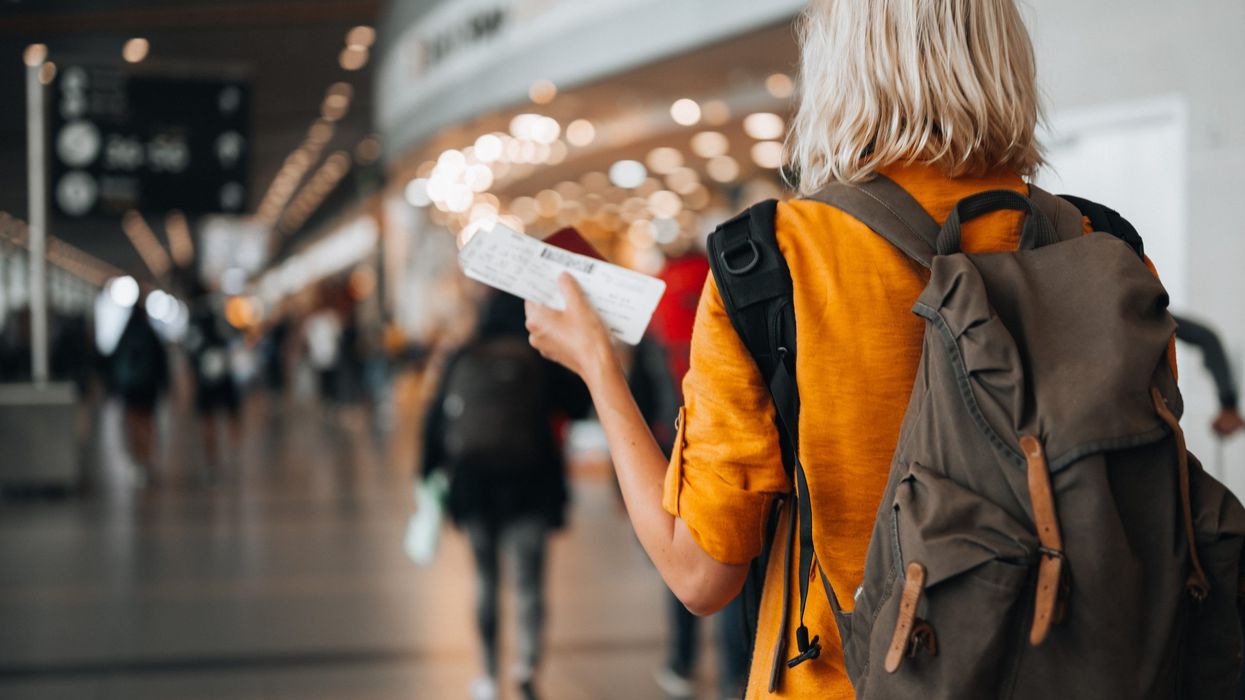AIR TRAVEL DEMAND is projected to exceed pre-pandemic levels, reaching unprecedented heights this summer, according to U.S. Travel Association. Nonetheless, inflation, higher interest rates, and disappointing air travel experiences are already impacting travelers negatively, the association said.
USTA said more than a quarter of Americans, 26 percent, intend to increase their spending on leisure travel in the next three months, a significant rise from 19 percent in the first quarter.
“Despite challenges such as a banking crisis, rising interest rates, and higher travel prices, Americans persist in their spending on travel and making trip reservations, at least for the time being,” USTA said.
During the recent Memorial Day holiday, the USTA cited a report by the Travel Security Administration stating that nearly 10 million Americans passed through airport security checkpoints. This figure reflects an 11 percent increase compared to 2022 and approximately 300,000 more than the corresponding holiday weekend in 2019, aligning with American Automobile Association’s forecasts.
As of early April, over 53 percent of Americans and 81 percent of leisure travelers have upcoming travel plans within the next six months, USTA report said. “Expedia reported a 25 percent increase in flight searches for June through August compared to last year, with top domestic destinations including New York City, Los Angeles, Seattle, Orlando, and Las Vegas.”
Inflationary impacts
USTA said despite the robust demand for summer vacations and the upcoming six months, inflation and higher interest rates are beginning to impact spending patterns. “April's data indicates a decline in various travel indicators, such as hotel demand, air passenger traffic, and travel spending.”
PwC's recent analysis also suggests that leisure hotel demand will decline in the latter part of 2023 and throughout 2024, primarily due to a sluggish economy. “However, they anticipate that the ongoing recovery in business demand will help offset a significant portion of this decline,” the report added.
With persistent high interest rates, consumers may find it increasingly challenging to make significant purchases and rely on credit cards, especially as the economy weakens, USTA added.
“Furthermore, nearly 29 percent of travelers intend to cut costs by opting for more affordable accommodations or destinations, closely followed by 28 percent who plan to participate in less expensive activities,” the report said.
Due to increased travel by a broader range of individuals, not just those who traveled extensively during the pandemic, Deloitte found that while trip frequency has risen, the duration and expenditure of many Americans' primary summer vacations have decreased compared to 2022.
This summer, 38 percent of travelers anticipate their longest trip to last a week or more, a decline from 68 percent in 2022, USTA further added.
Prepare for the busy season
According to USTA, airlines, airports, and TSA are gearing up for the busy travel season, yet the current air travel system is ill-equipped to handle the immense demand.
Airlines for America (A4A) expects airlines will transport over 250 million passengers from June 1 to August 31, a 1 percent increase from 2019.
“However, flight capacity is expected to decrease by approximately 11 percent due to operational constraints, such as aircraft delays and air traffic controller shortages,” USTA said.
Airlines are ramping up hiring and raising wages to remain competitive. However, major carriers are cutting back on summer services due to concerns about air traffic control staffing, which is currently at around 80 percent nationwide.
The disappointing air travel experience is already impacting travelers negatively, the report added.
USTA said 42 percent of Americans have flown for leisure in the past year, and of those, 35 percent experienced flight delays or cancellations. “Additionally, less than one-third (32 percent) of recent air travelers express high satisfaction with their air travel experience.”
More than half of Americans, 52 percent, are willing to increase their leisure travel in the next six months if the travel experience becomes less troublesome, an increase compared to 29 percent in the first quarter.
“Our air system is struggling to meet the current demand, which could result in a sub-optimal travel experience. Considering the expenses involved, a negative travel experience could further reduce demand,” USTA said. “U.S. Travel is working with Congress for funding support in this year's FAA reauthorization legislation. The aim is to enhance safety and efficiency by addressing staffing shortages, improving air traffic control, and investing in technology upgrades.”
In May, Motel 6 and Studio 6 released a study that found that 67 percent of Americans with travel plans this year think that the best trips are spontaneous and decided on a whim.






